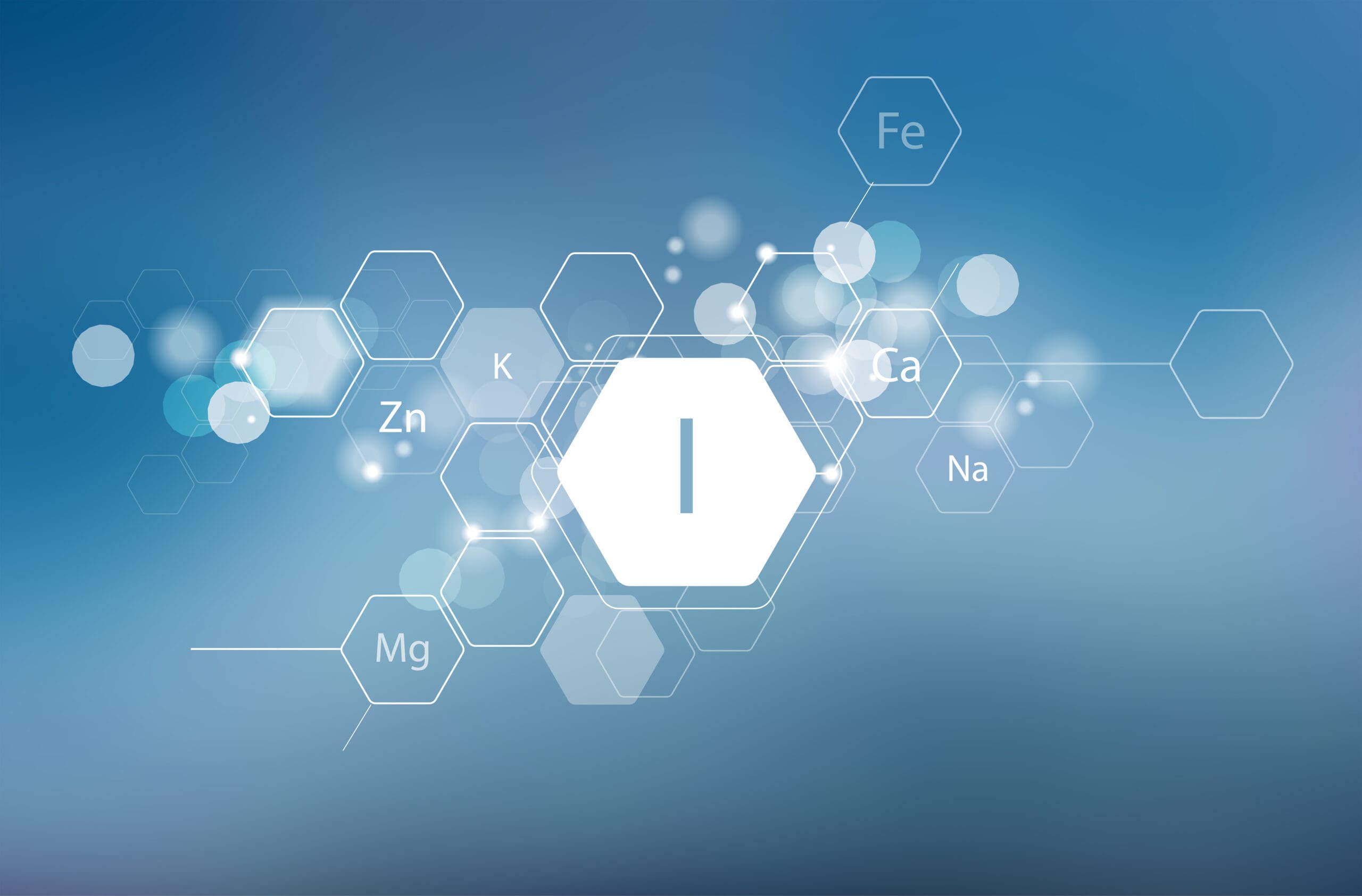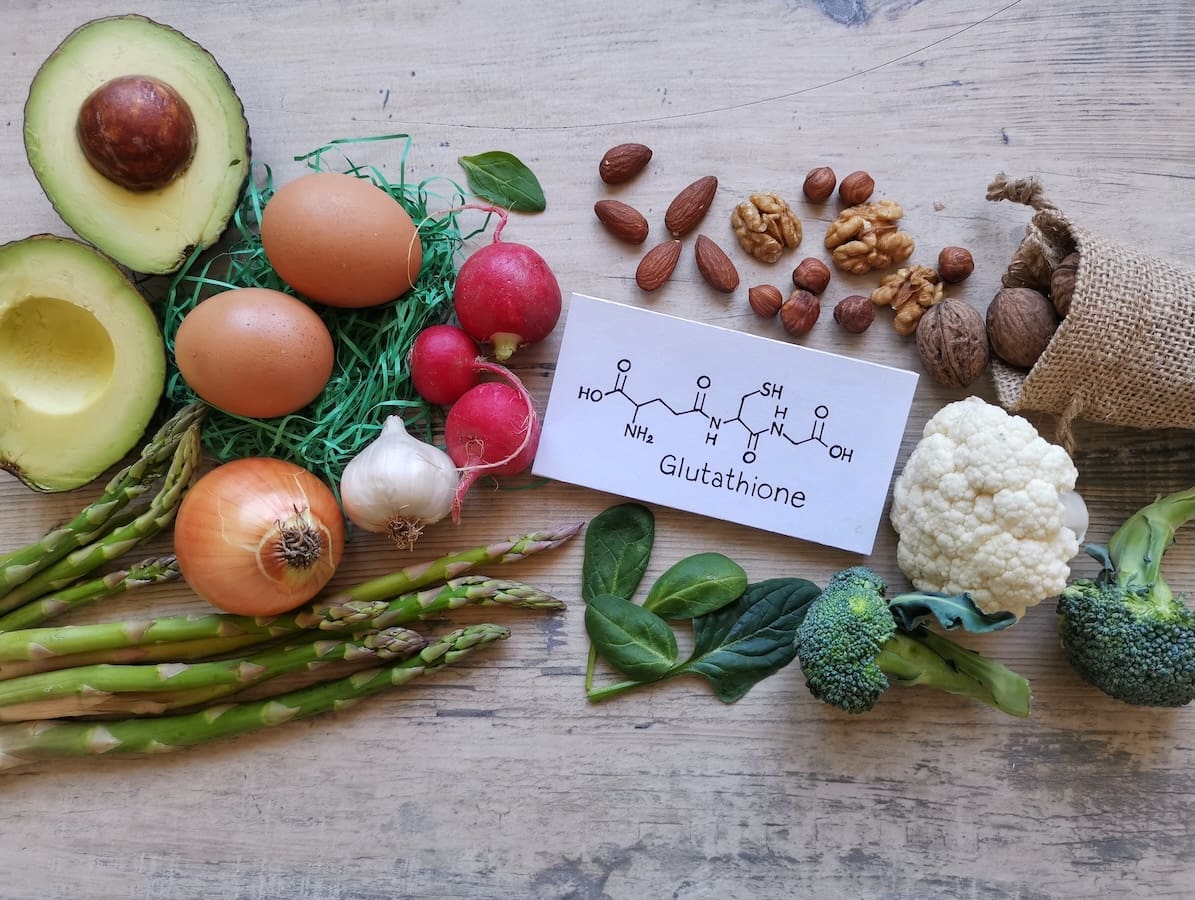Strengthen your immune system with minerals
By naturopath Margaret Jasinska
When they consider the immune system, most people think of vitamin C and vitamin D. It is true that those vitamins help to strengthen the immune system, but minerals are also important. Minerals are often lacking in the average person’s diet and this can predispose a person to developing an infection and make the infection harder to overcome.
A lot of people, and especially children tend to have a diet based on carbohydrate. Fruit, pasta, noodles, bread and potatoes are generally not a good source of minerals. Iron deficiency is extremely common in menstruating women but we’re recently seeing a lot in children. This is often because the child’s diet is based on bread and milk. The fibre in wheat can bind with iron and reduce its absorption. The calcium in milk and dairy foods can interfere with iron absorption.
Stress increases your requirement for certain nutrients and promotes urinary loss of others. Having excess inflammation in your body also means that you use up nutrients at a faster rate. People with allergies and autoimmune disease have excess inflammation. If your body is lacking minerals, you simply cannot function at your best. You are likely to feel tired both physically and mentally. It can also adversely affect your mental health and cognitive performance. It raises your risk of colds and flu plus other infections.
Iron
Iron deficiency is common in women and is the most common cause of fatigue.
The most common causes of iron deficiency are:
- Heavy menstrual bleeding
- Malabsorption in the gut caused by conditions such as coeliac disease, inflammatory bowel disease and irritable bowel syndrome
- Parasites or small intestinal bacterial overgrowth can steal nutrients including iron
- Not eating enough iron rich foods. Many women and children dislike the taste of red meat
- Blood loss due to internal bleeding from the gut
A blood test for serum iron studies is an accurate way to see if you are iron deficient. Iron is needed to carry oxygen to every cell in our body so unless we have adequate iron in our body, we will remain tired.
Selenium
Selenium is an essential trace mineral for human health and is needed for the genes (DNA) in the nucleus of the cells to repair damage. Selenium is a powerful antioxidant that fights free radicals and binds heavy metals. Selenium is essential for healthy function of the immune system, heart and reproductive system. Selenium helps impair viral replication, so it makes it harder for viruses to multiply in your body.
The high sulphur content of most fertilizers reduces the availability of selenium to our bodies. Cooking can also drain selenium from foods. Selenium is found in Brazil nuts and seafood.
Blood tests are not an accurate indicator of total body selenium levels as selenium is stored inside the cells.
Zinc
Your body requires zinc for the activity of enzymes which are necessary for a healthy metabolism, digestion, nerve function, wound healing and immune function. Children and teenagers have a high requirement for zinc because it’s required for body growth and development.
Zinc has powerful anti-viral effects. Zinc deficiency is harmful to white blood cells and the thymus gland. Zinc deficiency causes a decrease in natural killer cell activity and increased susceptibility to infections.
Zinc is found in all animal foods, especially seafood and red meat. The fibre in grains, cereals, legumes, nuts and seeds can interfere with zinc absorption. Zinc deficiency is extremely common in women and children, due to insufficient consumption of meat and seafood.
Magnesium
Magnesium is required for optimal function of muscles and nerves so you can understand why we need adequate amounts to relax and sleep well. Stress and poor quality sleep weaken the immune system.
Magnesium is required for over 300 enzyme systems that regulate biochemical reactions in the body, including protein synthesis, muscle and nerve function, energy production, blood glucose control, and blood pressure regulation. It contributes to the structural development of bone and makes your bones and tendons stronger.
An adult body contains approximately 25 grams of magnesium, with approximately 60% present in the bones. Less than 1% of total body magnesium is in the blood serum and this makes blood tests an inaccurate way to check if you have enough magnesium in your body. If your muscles are tight, your blood pressure is high, your sleep is poor and you feel restless, you may be low in magnesium.
Foods high in magnesium include almonds, spinach, dark green leafy vegetables, avocado and cashews.
Blood tests are not an accurate way to check your total body magnesium. They can look normal but you may have suboptimal levels of magnesium. For more information, see Dr Cabot’s book on Magnesium
Iodine
Iodine is an essential trace mineral and is needed for the manufacture of thyroid hormone and a healthy immune system. Iodine helps to maintain healthy cells and tissue in the thyroid gland, breasts and prostate gland. It is also an excellent natural antimicrobial both topically and internally. Iodine deficient people are prone to infections.
A healthy adult has 15 to 20 mg of iodine in their body and 80% of this is stored in the thyroid gland. It is also accumulated by breasts, ovaries and prostate tissue.
To see if you are deficient in iodine you can have a urine test to measure the concentration of iodine in your urine.









Leave A Comment